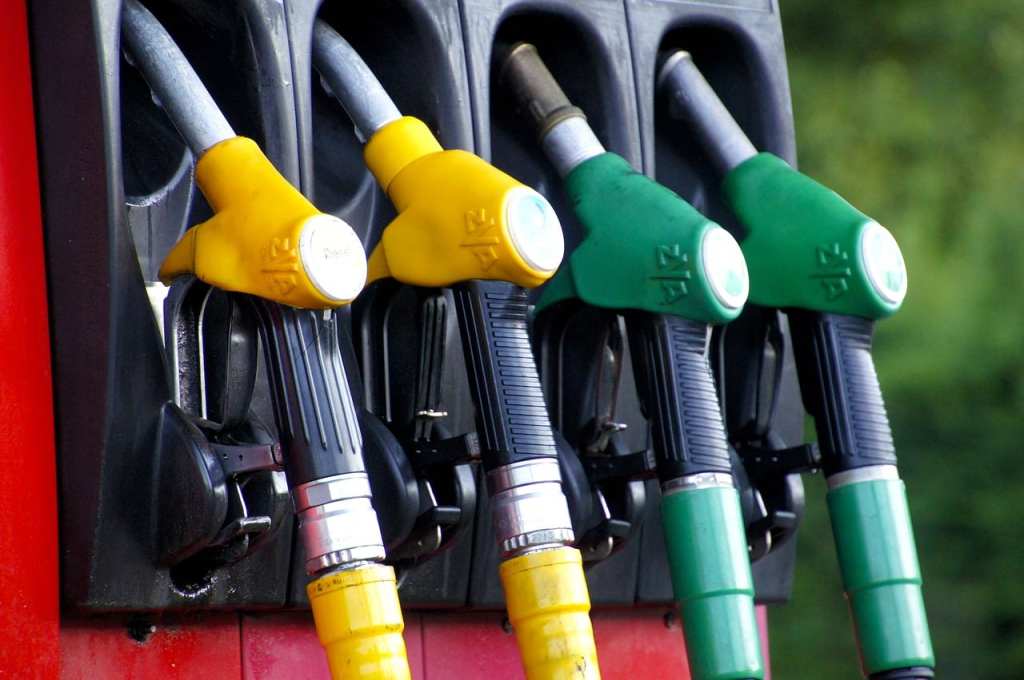A couple of years ago, I was driving from California back to see my family in Ohio. My car uses regular gas, so that’s what I put in my car. Somewhere in Utah, my check engine light turned on. My car was still running fine, so I stayed at my planned hotel for the night and drove to a dealer in the morning.
What was the problem? It turns out I had put the wrong octane of gas in my car. Although most states have 87 octane as the minimum, some higher-altitude states allow gas stations to sell 85 octane gas. I wasn’t paying attention to the octane; I just put the cheapest gas in my car because the cheapest is normally just…regular.
For the rest of my trip, I always double-checked to make sure I was putting 87 octane in my car.

Photo Credit: Pixabay
First of all: the octane rating of a gas formula measures performance. Lower octanes can withstand less compression before they ignite in your engine, whereas higher octanes can withstand more. The more compression the fuel can withstand, the higher performance engine it can drive.
So, how much of a difference does octane make? If your car requires regular gas and you put in premium, it won’t hurt your vehicle. It’s a bit of a waste of money, as it won’t provide any real benefits, but it won’t hurt your vehicle.
But putting a lower octane gas into your car actually might. The 85 octane that I put in my car is designed for older cars with carbureted engines. Modern gas engines, like the one in my car, don’t do well with 85 octane because it compresses too easily, which means it can ignite earlier than it’s supposed to and do damage to your engine.
When it comes to octanes rated 87 or higher, it depends on who you ask. According to the guys at Car Talk, your car will likely be fine if you put in a lower octane than recommended by your manufacturer. However, if something goes wrong, your manufacturer might not honor your warranty.

Photo Credit: Pixabay
According to AAMCO, though, putting a lower octane in your car than recommended could result in poor engine performance. Over time, it could cause permanent damage to your engine.
So what should you do? Personally, I would stick to your manufacturer’s recommendations. It’s a safe bet and it won’t void your warranty.
What do you think? Have you noticed a difference when you use a lower octane?






